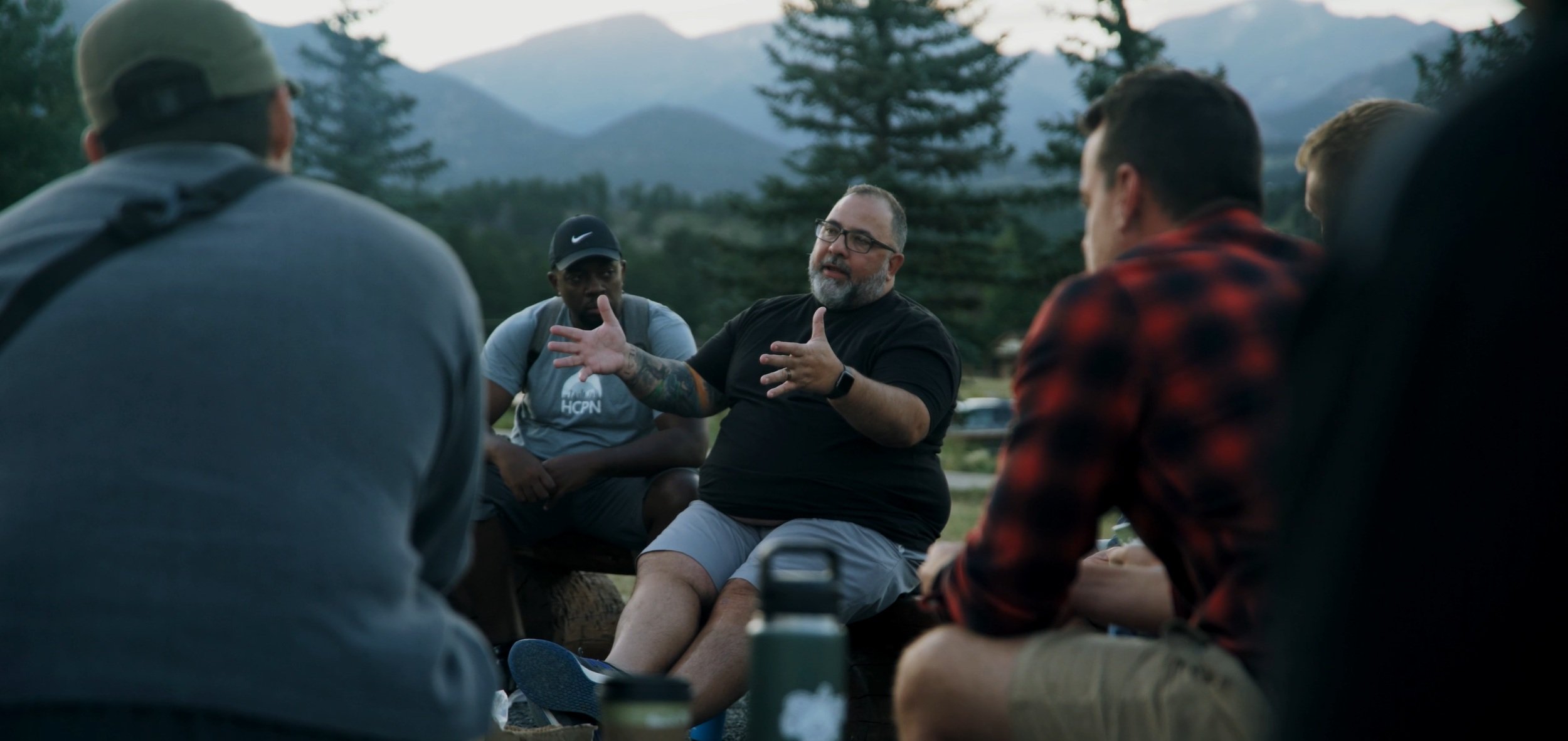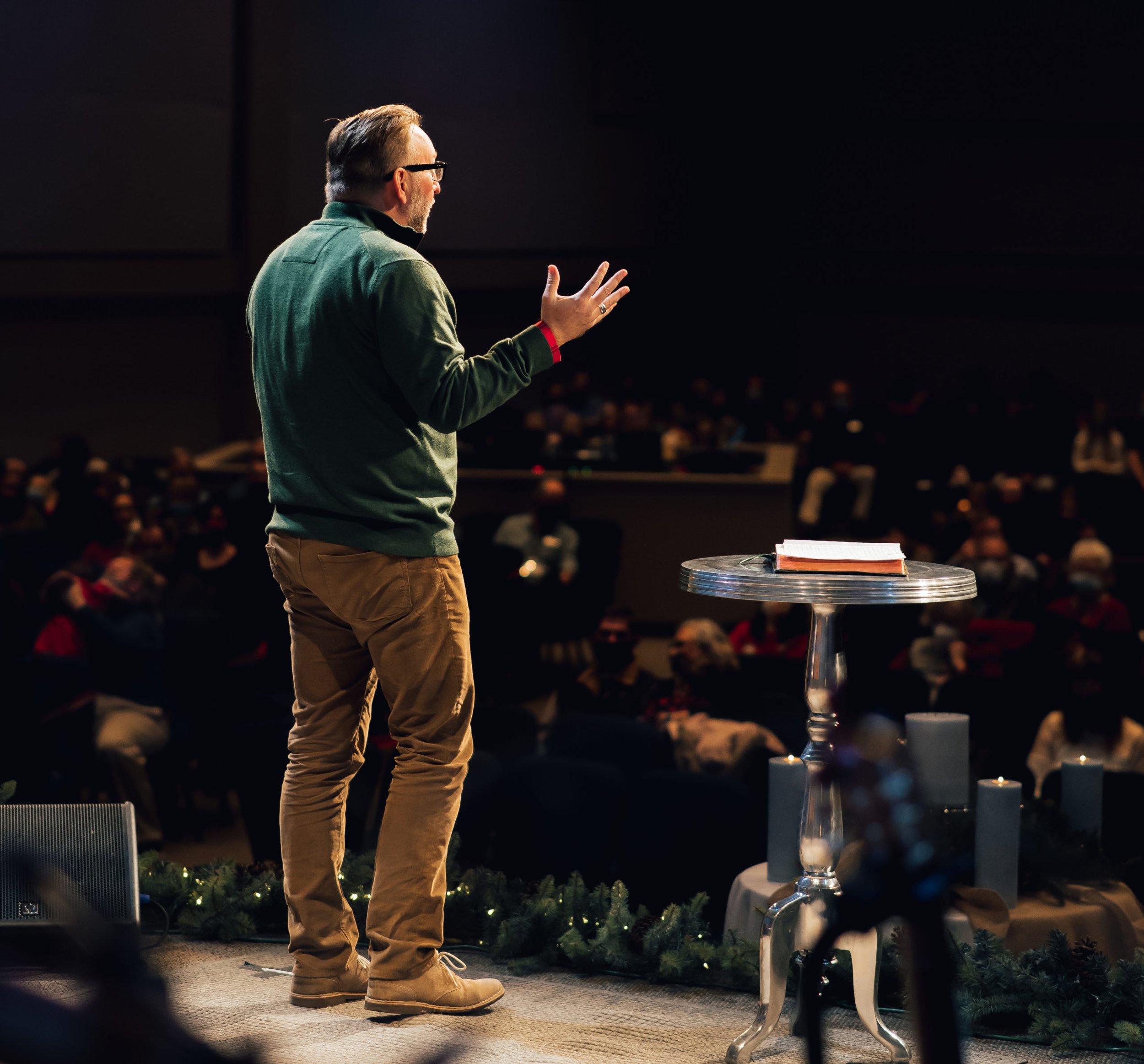
Insights from in and around the association
UBA Voices
5 Self Assessment Questions Pastors Need to Ask Right Now
Whether you are pastoring bivocationally like me, or full time as I did for 27 years, the weight of a pastor’s call has grown even heavier over the last couple of years. Here are five questions every pastor needs to ask right now to assess their condition amid the challenges of ministry.
An Interview with Alex Martinez
Do you know Alex Martinez? If you're interested in organizational tips, how to turn the nominating committee into a pastor support group, or just want to talk to one of the friendliest people you’ll meet, this interview’s for you.
FAQS: Answers to Your Most Frequently Asked Associational Questions
The staff of UBA got together to help answer some of your questions before you even ask them. We hope this article can help you learn something new or even have a laugh. Whenever you have questions, please reach out to our staff.
From Houston's Baptist Bishop: How Does Baptist Structure Work Anyways?
The “Baptist Bishop” thing is just a joke. But still, many people, even those in Baptist life don't understand how Baptist structure works, who's in charge, and who answers to whom. UBA's Executive Director helps explain how Baptists are organized and why it matters.
An Interview with Lawrence Scott
Have you met Lawrence Scott? Hear his fascinating life story, plus more about church planting, challenging career changes, and prioritizing family here.
"Would You Want This for Your Children?"
It's National Mentor Month! Marilyn Lee shares a heart-warming story of how one church can impact a community for the better.
How Can Legos Help Accomplish Mark 12:31?
Making an impact as a mentor can be as simple as showing up and playing with legos.
Vision Reset
Maybe the new year doesn't require a complete overhaul of your church's vision. But what about a vision reset?









